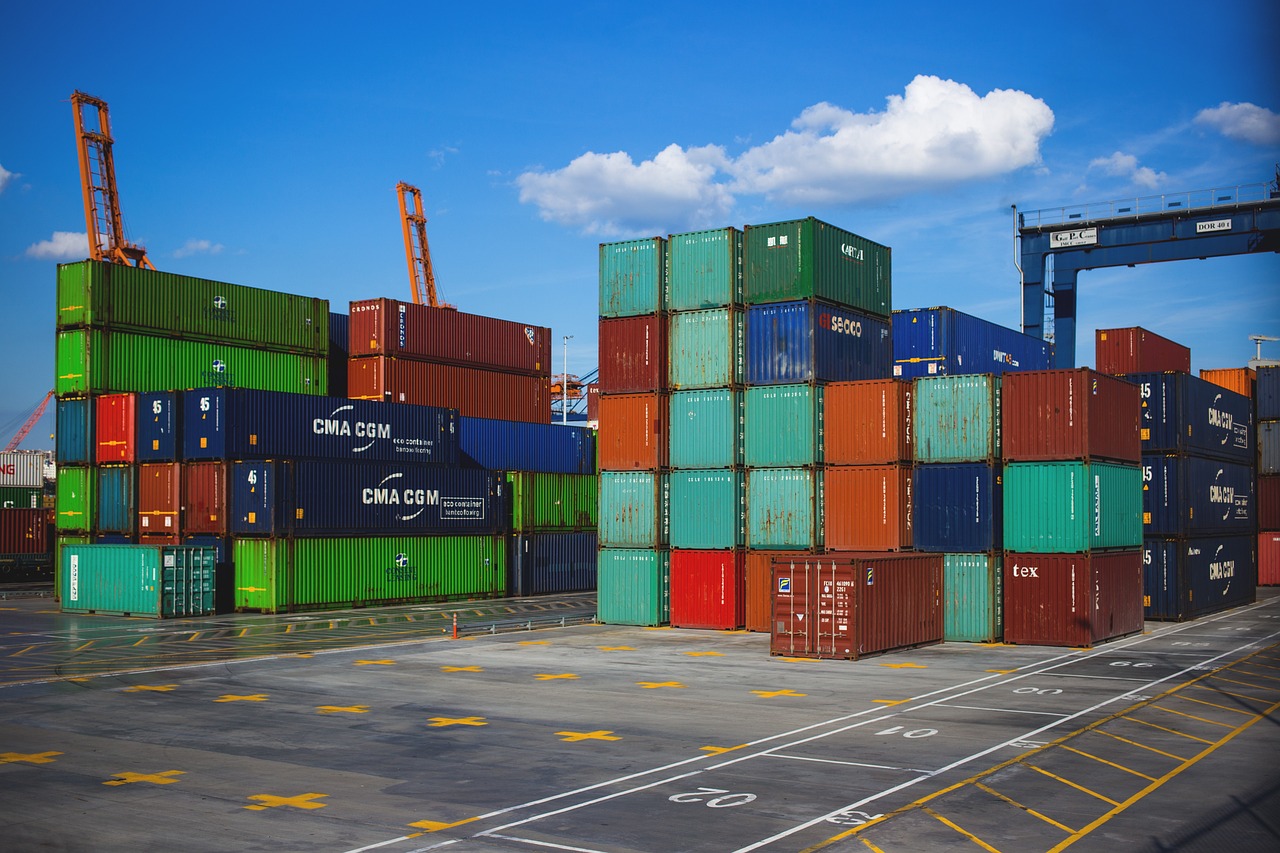Ways to Minimize E-Commerce Logistics Costs
Logistics plays a crucial role in the e-commerce world. Delivering products to customers on time and in good condition is not only a matter of customer satisfaction but also the operational costs of an online store. However, in the rapidly evolving online shopping environment, increased customer expectations for delivery speed and quality pose both operational and financial challenges for businesses.
It's no secret that a satisfied customer is the key to success in the e-commerce industry. However, to meet customer expectations for delivery, companies must invest in developing logistics infrastructure, which involves significant expenses. In this context, cost management becomes not only important but essential for profitability.
E-commerce logistics costs are not limited to delivery costs alone. They also include warehousing, packaging, handling returns, and inventory management. Therefore, a comprehensive approach to the problem of cost minimization in this area requires in-depth analysis and the implementation of effective strategies.
So why is cost minimization so crucial for e-commerce success? Firstly, lower operational costs directly translate to higher profit margins. Secondly, competition in the e-commerce industry is fierce, and price differences between stores are often minimal. In such an environment, the ability to offer competitive prices while maintaining the quality of logistics services can provide a significant market advantage.
Effective Logistics Cost Reduction Strategies
Logistics Process Automation
Modern technologies offer many tools that can significantly improve logistics efficiency and reduce associated costs. Automating logistics processes with the right IT systems allows for faster and more accurate order management, reducing the risk of errors and increasing customer satisfaction.
For example, Warehouse Management Systems (WMS) enable better use of storage space and optimized product rotations. This means online stores can avoid situations where a product appears unavailable, even though it's physically in stock.
Warehouse Optimization
Managing warehouse space is key to reducing costs associated with product storage. Warehouse optimization encompasses several crucial factors, such as proper product placement, using effective shelving systems, and inventory management based on actual needs.
A well-optimized warehouse facilitates quick product location and efficient order fulfillment, resulting in shorter order processing times.
Choosing the Right Logistics Partners
Not every online store has its own means of transportation. Many entrepreneurs rely on external courier companies or suppliers. Choosing the right logistics partner is therefore critical. Attention should be paid not only to service prices but also to service quality, flexibility in adapting to store needs, and real-time tracking capabilities.
Return Management
Product returns are an integral part of e-commerce. However, the return process can be costly if not properly managed. It's crucial to establish clear return procedures and use the right technologies to quickly process returns and reintroduce products for sale.
Implementing an efficient return management system can bring significant savings, not only in direct costs but also by increasing customer satisfaction, who gets a quick response and a potential refund.
In conclusion, managing logistics costs in e-commerce requires a comprehensive approach that encompasses technological, organizational, and partnership aspects. However, proper implementation of cost reduction strategies can bring substantial benefits both financially and in customer satisfaction.
Next Steps in Cost Minimization
1. Importance of Continuous Monitoring and Strategy Adaptation
In the dynamically changing e-commerce environment, logistics cost minimization strategies cannot be treated as one-off actions. The market, technologies, and customer expectations evolve, necessitating regular updates to logistics approaches. Continuous monitoring of the effectiveness of implemented solutions and readiness to modify them in response to new challenges and opportunities is therefore essential.
2. Benefits of Logistics Cost Optimization
When talking about cost minimization, we often focus on direct financial savings. However, the benefits of optimizing logistics costs are much broader. Effective logistics leads to better customer service, which in turn affects their loyalty and increases the likelihood of repeat purchases. Moreover, efficient logistics can become a competitive advantage, allowing a business to stand out from competitors and attract new customers.
3. Maintaining Competitiveness in the Ever-Changing E-Commerce World
In the e-commerce environment characterized by intense competition, constant technological advancement, and changing shopping trends, continuous adaptation is key to success. This means not only keeping track of innovations in logistics but also investing in technological development, training employees, and building strong business partnerships.
To sum up, effective cost minimization in e-commerce logistics is not just a financial matter but also a strategic one. It's an investment in the company's future that can yield benefits not only in the form of higher margins but also in increased customer satisfaction and strengthened market position. However, to realize these benefits, a long-term approach, a willingness to continually learn, and adaptability to changing market conditions are essential.




